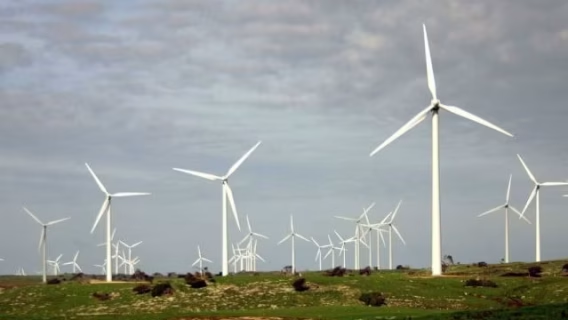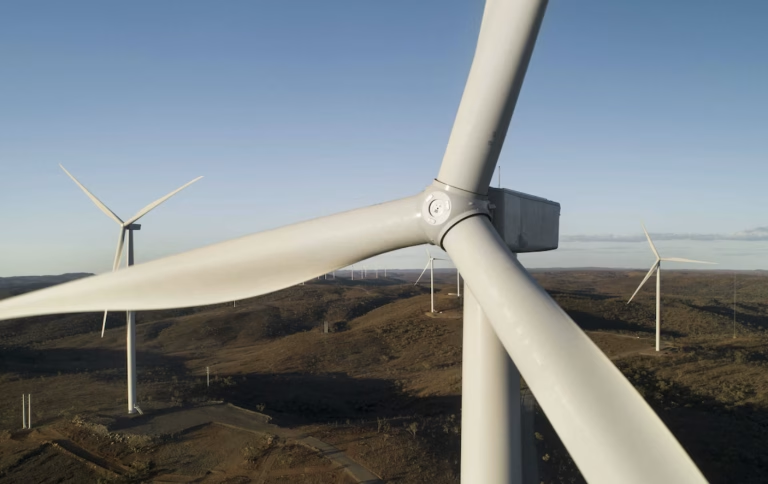In a landmark decision, Australia’s federal government has formally approved the 900 megawatt Robbins Island Wind project in north west Tasmania, marking a pivotal moment for the region’s clean energy ambitions. After more than eight years of scrutiny, the green light provides long awaited clarity for ACEN Australia. Notably, this approval comes with rigorous environmental safeguards, making it both a major win for renewable energy and a test in balancing development with biodiversity.
A Multi Billion Dollar Investment
The project is poised to become one of Tasmania’s largest private infrastructure developments. It is expected to generate up to AUD 3 billion (approximately USD 1.96 billion) in investment, delivering substantial economic momentum to the Circular Head region. Local officials anticipate up to 400 construction jobs and ongoing economic benefits, including AUD 30 million per year in regional spending and a AUD 27 million community benefits program.
Powering Tasmania’s Energy Goals
The wind farm’s design allows it to harness exceptional wind resources, producing about 30 percent more energy than comparable Australian projects. As Tasmania aims to double its clean energy output by 2040, Robbins Island Wind will contribute significantly to meeting that goal. Once operational, the project could begin supplying clean power as early as 2030. At the moment, it is pending approval of a new transmission line due for assessment in 2026.
Environmental Conditions and Safeguards
This milestone did not come without controversy. The approval comes bundled with 88 environmental conditions including a “bird and bat management plan.” It may require temporary turbine shutdowns to protect vulnerable species like the orange bellied parrot, Tasmanian devils, wedge tailed eagles, and migratory shorebirds. The developer may need to halt turbines based on adaptive environmental triggers, ensuring that wildlife impacts remain minimal.
ACEN’s Renewable Momentum
ACEN’s managing director, David Pollington, emphasizes that the outcome demonstrates even large scale renewable projects can be responsibly brought about by balancing biodiversity and clean energy needs. Additionally, he points out the urgency of action, noting that Australia faces a stalling energy transition and looming power shortages as coal powered generation phases out. Robbins Island could not come at a more critical time.

Fun fact: ACEN Australia is also advancing other major renewable developments, such as the Valley of the Winds 900 megawatt wind project near Coolah in New South Wales, which is expected to power half a million homes and generate around 500 construction jobs by 2030. While other projects in the west face various hurdles such as the Ørsted Wind Project that was recently halted, this project brings hope to renewable energy projects worldwide.
Project Fact Sheet
Location: Robbins Island, north west Tasmania, Australia
Capacity: Up to 900 MW
Developer: ACEN Australia (subsidiary of ACEN Corporation)
Estimated Cost: AUD 3 billion (USD 1.96 billion)
Approval Status: Federally approved in August 2025 after more than 8 years of assessments
Environmental Conditions: 88 conditions including a bird and bat management plan with potential turbine curtailment
Job Creation: Up to 400 construction jobs and ongoing regional benefits
Community Benefit Program: AUD 27 million allocated to Circular Head region
Economic Impact: AUD 30 million annual local economic boost
Timeline: Transmission proposal in 2026; operations could begin by 2030
Energy Yield: Expected to generate about 30 percent more power than average Australian wind projects
Related ACEN Project: Valley of the Winds 900 MW project near Coolah, NSW (500,000 homes, about 500 jobs)

Leave a Reply